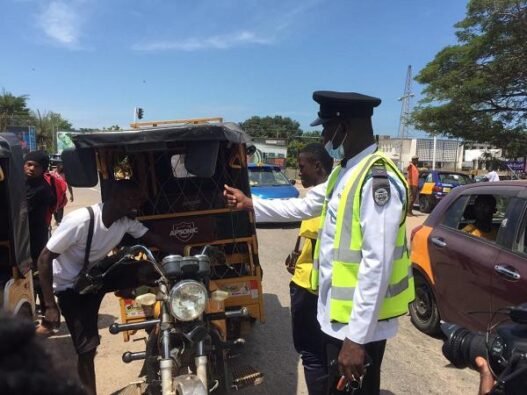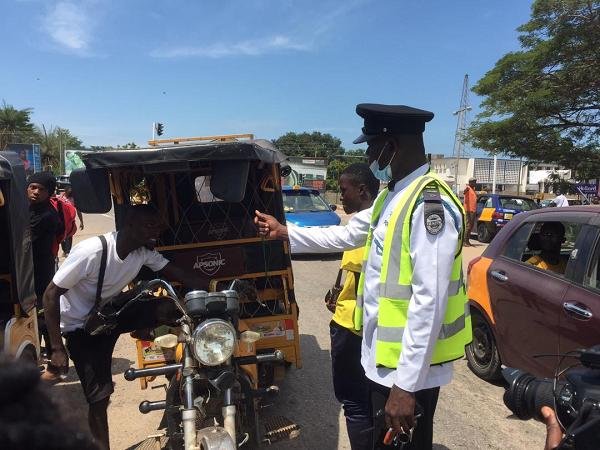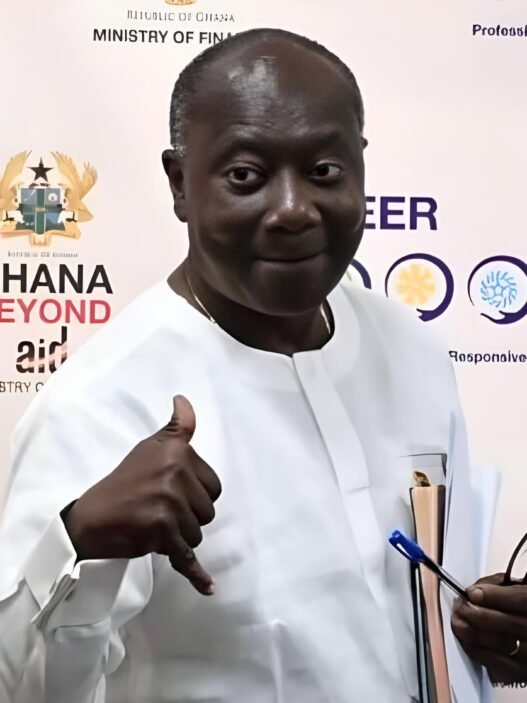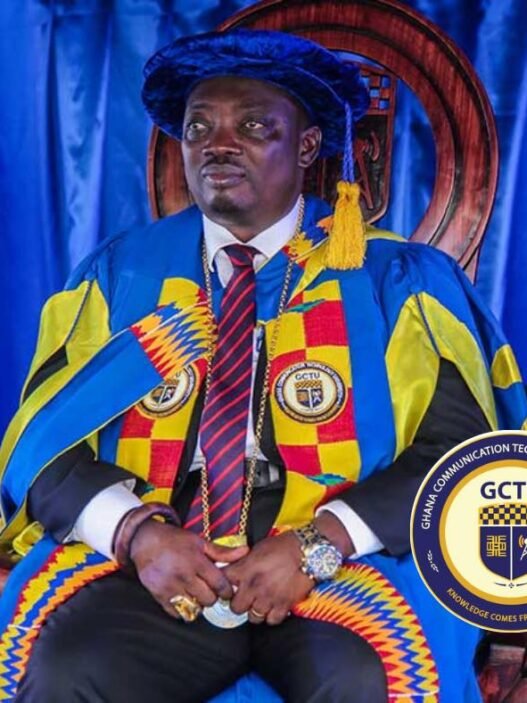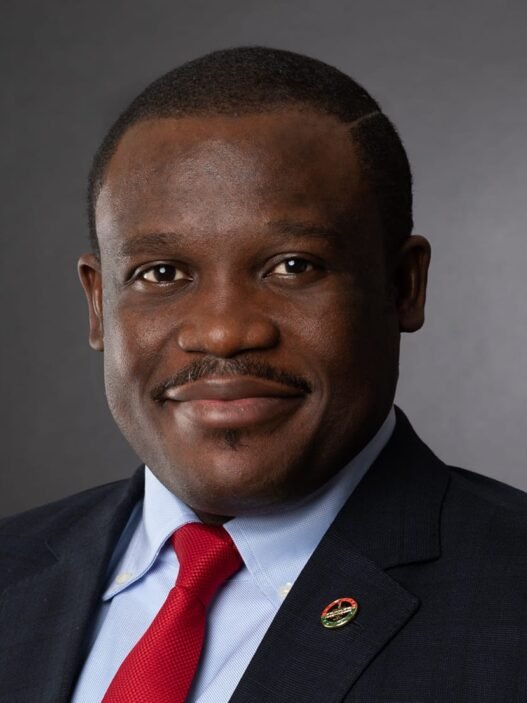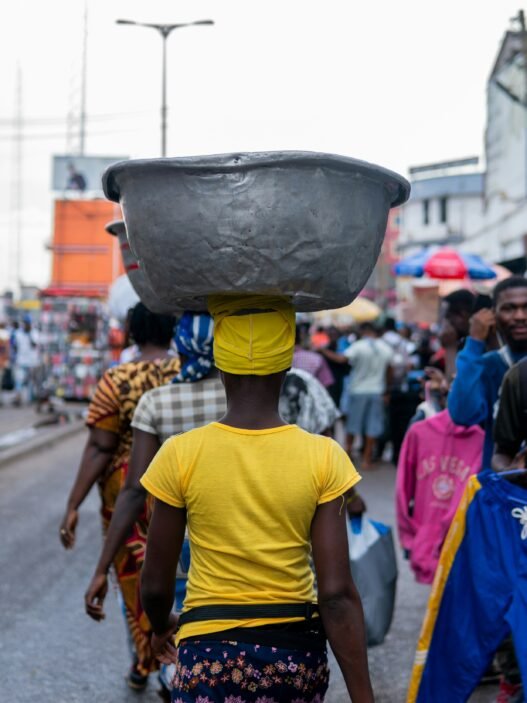What exactly are we waiting for? A national tragedy? A bloody crash in front of a presidential convoy? A student, a mother, a trotro full of innocent passengers wiped out by a rickety, overpacked Aboboyaa before someone in authority finally says: “enough is enough”?
The streets of Ghana have become a theatre of anarchy, and leading the charge with reckless abandon are the Aboboyaa, motorised tricycles now terrorising pedestrians and motorists across the country like they have diplomatic immunity. They jump red lights like it’s a joke, they drive through intersections like they’re fleeing a crime scene in a MAD MAX sequel, and they do U-turns right under the noses of traffic police officers who either look away or quietly hail them like VIPs. Who are these untouchables? Why has our state machinery become so paralyzed in the face of this blatant illegality?
Once a lifeline for rural communities, especially in emergencies or areas inaccessible by larger vehicles, the Aboboyaa, also known as Yellow Yellow, Pragya, or Mahama Camboo, has mutated into a rogue institution. These tricycles were never meant to become part of urban Ghana’s commercial transport system. But today, they run wild through the streets of many cities including Cape Coast, Tamale, Mankessim, Kumasi, Ho, Koforidua, and even parts of Accra, with no license plates, no helmets, no registered operators, and zero regard for road regulations.
The scenes are shocking: operators wearing flip-flops with no ID, blasting music, often unkempt, carrying heaps of refuse on the fast lane of the highway like Formula 1 drivers. Sometimes three passengers in the back, one hanging dangerously off the side, one in the front seat practically operating as co-pilot, and not a single helmet in sight. They overload. They overspeed. They overtake on blind curves. And when they crash, as they often do, the injuries are catastrophic. Yet no one is held accountable. Is this a republic or a jungle?
Let’s call a spade a spade. Aboboyaa operators, in many urban areas, are functioning as lawless agents in a society too timid to enforce its own rules. And the silence of law enforcement and local government authorities is damning. Under the Road Traffic Act, 2004 (Act 683), driving without due care and attention is a criminal offence, punishable by heavy fines or even imprisonment. So why is this law not applied to tricycle drivers who daily flout every road rule we have? Where are the arrests? Where are the impoundments? Where are the police?
Even more disturbing is the open patronage of these tricycles by the very people meant to regulate them. Policemen hop on like they’re hailing a Bolt. City officials wave them down at traffic stops. There is no shame. No deterrence. No seriousness.
And while some may argue that Aboboyaa provides jobs in a country strangled by youth unemployment, this is no excuse for institutional lawlessness. If that’s the standard, then every unemployed Ghanaian should be allowed to break the law for survival. Let’s legalize robbery and internet fraud too, if economic hardship is the justification. No. Employment without regulation is not empowerment. It is chaos.
Make no mistake, this is how national cancers begin. Slowly. Silently. Until one day, it becomes too big to cut out. We saw it with galamsey, and now we’re watching the same pattern unfold with Aboboyaa. Today it’s just the nuisance. Tomorrow it becomes the resistance.
There’s still time to act, but only just. Every Metropolitan, Municipal and District Assembly (MMDA), together with the Ghana Police Service and DVLA, must be forced to enforce existing laws. Ban tricycles from major highways. Restrict their operations in city centres. Impose mandatory registration, driver licensing, insurance, and enforceable safety standards. Those that fail must be confiscated and scrapped. Period.
And let’s cut out the partisan politics. It’s about life and death. About sanity on our roads. About preserving the right of ordinary Ghanaians to use roads without fear of being side swiped by an overloaded Aboboyaa going 80km/h in the wrong direction.
Aboboyaa still has value in some contexts, particularly in rural areas for emergency health access. In fact, many communities depend on it where roads are inaccessible or ambulances are non existent. But let’s not confuse rural relevance with urban recklessness.
We must act now, before Aboboyaa becomes Ghana’s next irreversible mistake.









